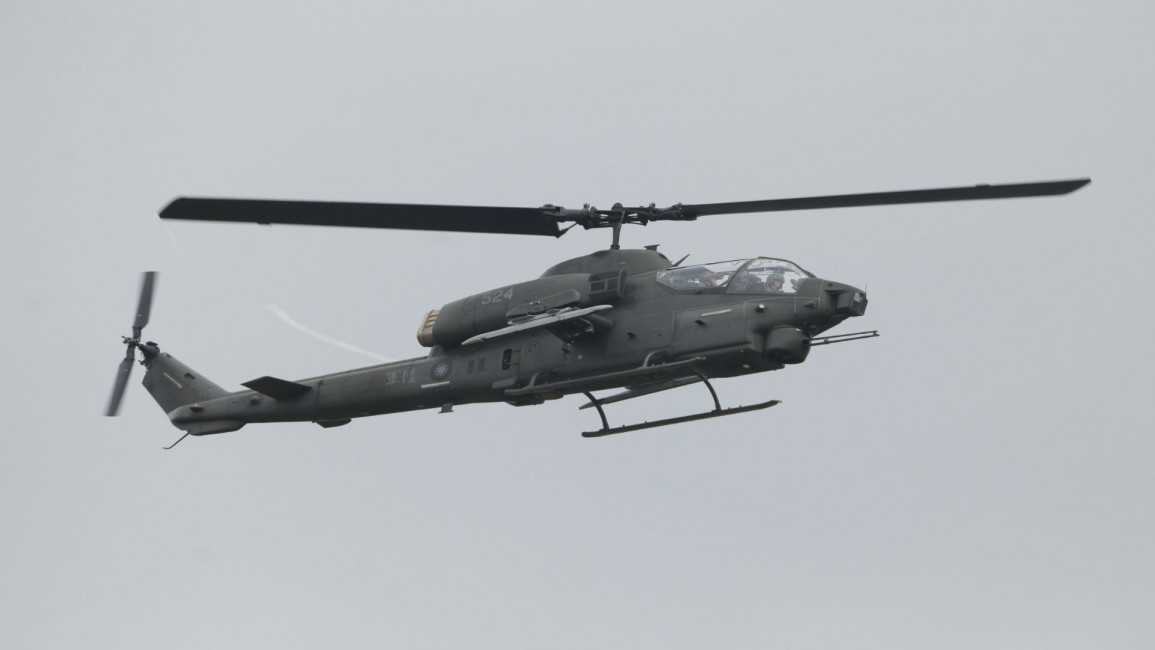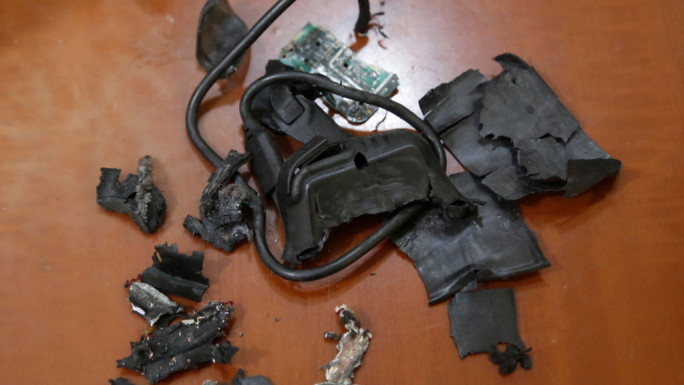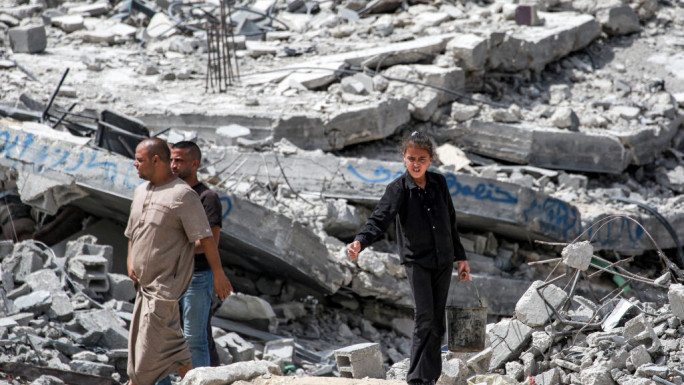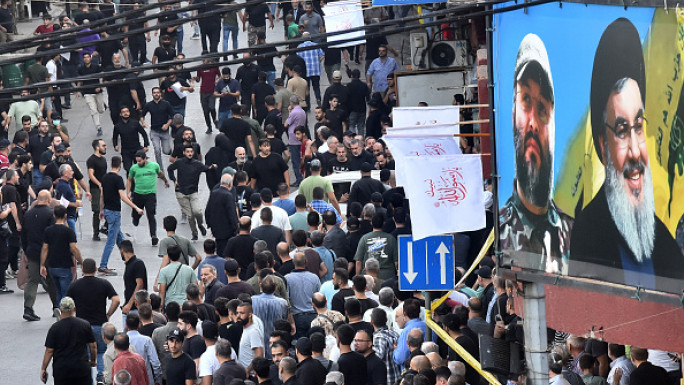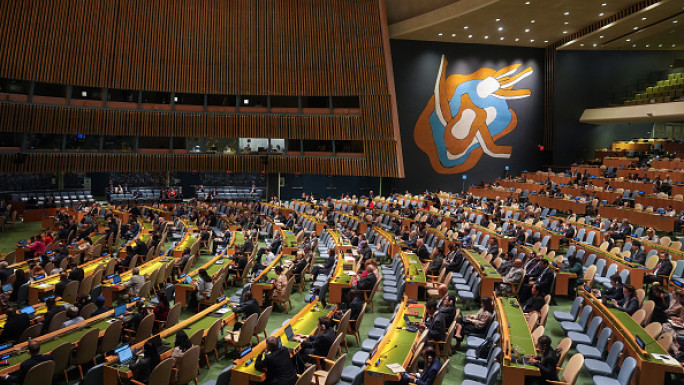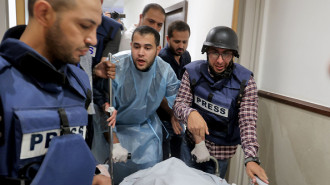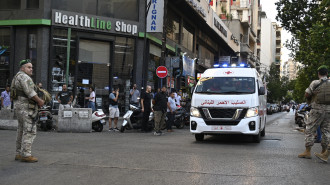US deploys attack helicopters against IS in Libya
The United States has deployed attack helicopters to target the Islamic State group in the militants’ former Libyan stronghold of Sirte, a US defence official said Tuesday.
American jets have since the start of August been helping fighters loyal to the Government of National Accord (GNA) retake the coastal city of Sirte, conducting dozens of strikes on IS fighting positions and equipment.
Lieutenant Commander Anthony Falvo, a spokesman for the US military's Africa Command, said Marine Corps AH-1W SuperCobra attack helicopters had in recent days joined the operation.
"The Cobras provide additional precision airstrike capability," Stuttgart-based Falvo told AFP in a phone interview.
"It gives us a little bit more flexibility."
SuperCobra gunships are based on the USS Wasp, an amphibious assault ship in the Mediterranean.
Harrier jets are also being launched from the ship to conduct strikes on Sirte.
As of Monday, the United States had conducted 77 airstrikes on the city.
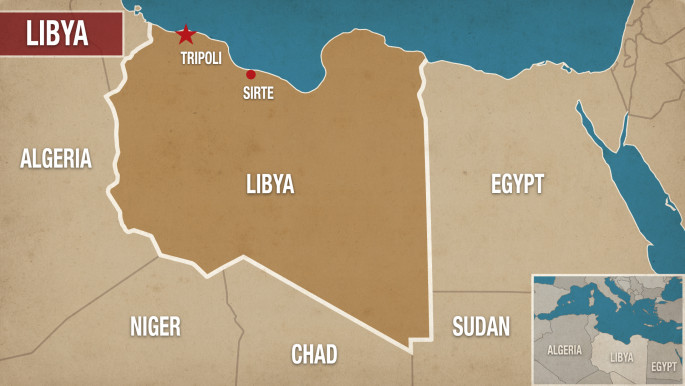 |
|
| [Click to enlarge] |
Pro-GNA forces, backed since August 1 by US airstrikes, began an assault in mid-May to expel IS from what had been its Sirte stronghold.
The jihadists seized control of the city, which had been the hometown of Libya's slain dictator Muammar Gaddafi, in June 2015.
The pro-GNA forces fought their way into Sirte on June 9 and have since faced a barrage of sniper fire, suicide bombings and booby traps, pinning down the jihadists in a downtown area near the sea.
More than 350 pro-GNA fighters have been killed and nearly 2,000 wounded in the battle, according to medical sources. IS casualty figures are unavailable.
The Pentagon has said US involvement in the Sirte operation would last "weeks not months," but Falvo did not want to speculate on how much longer the United States would continue its air campaign.
"We are there at the request of the GNA," he said.
"We will continue our support for as long as it is requested. If they were to tell us tomorrow they don't need our support any more, we would end our support at that point."
While the Pentagon insists operations to support the GNA will be conducted from the air only, officials acknowledge that small teams of special operations forces have been in and out the country to gain intelligence and build relationships with local forces.
